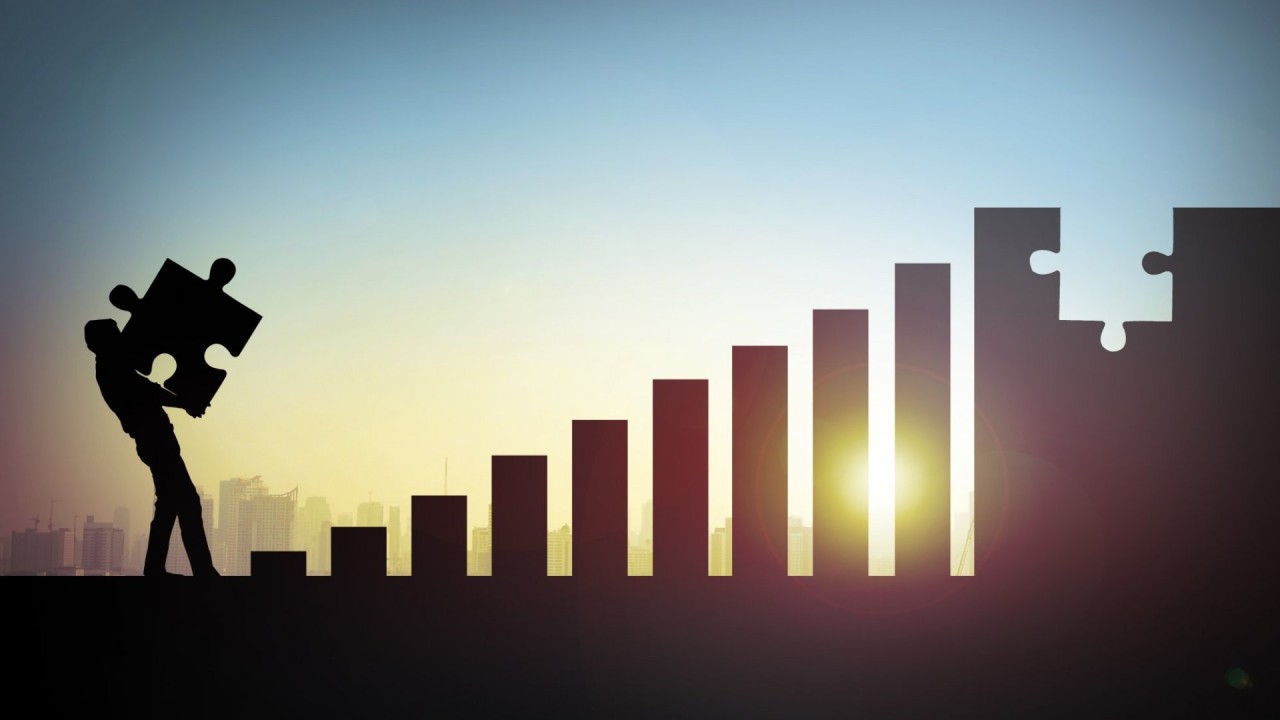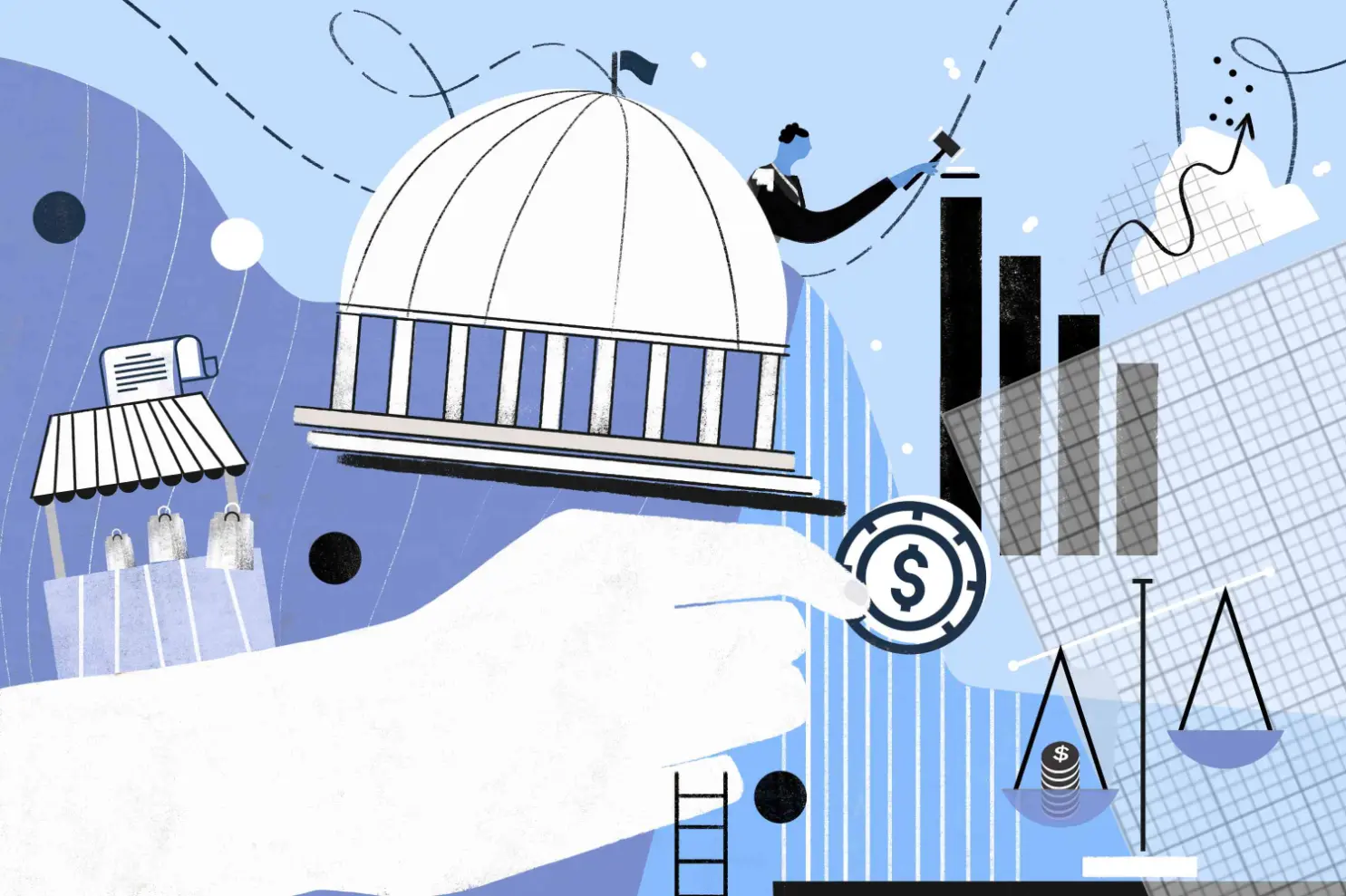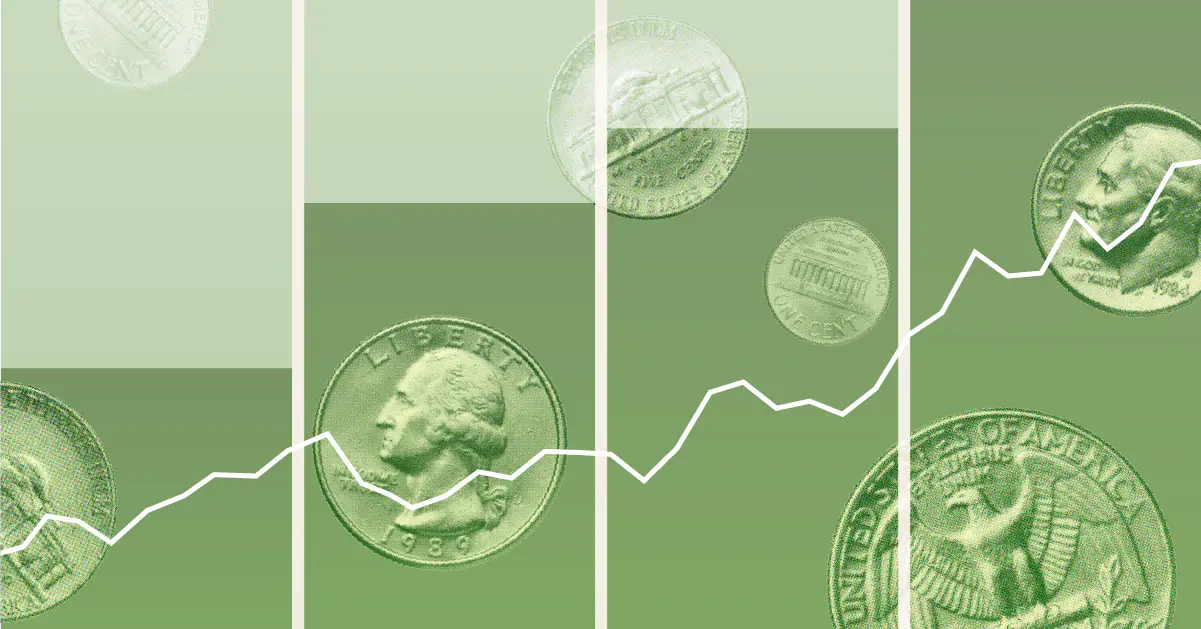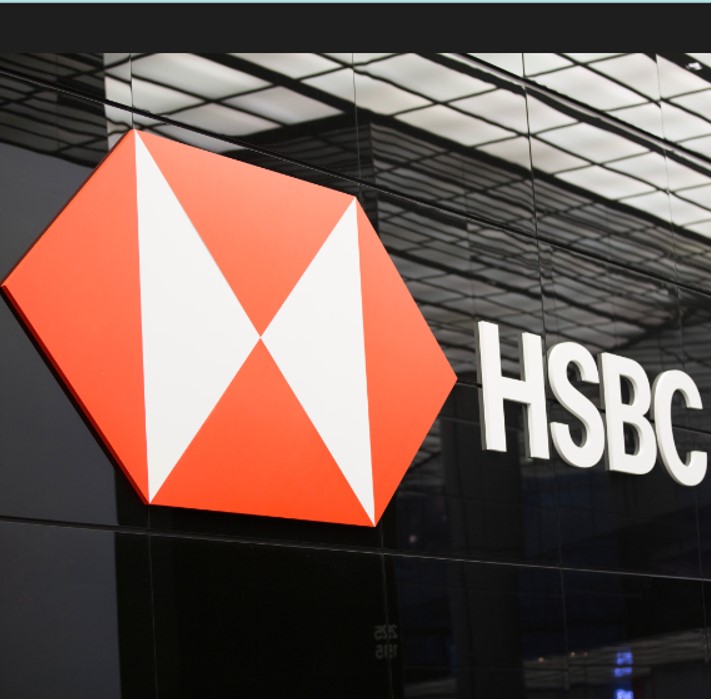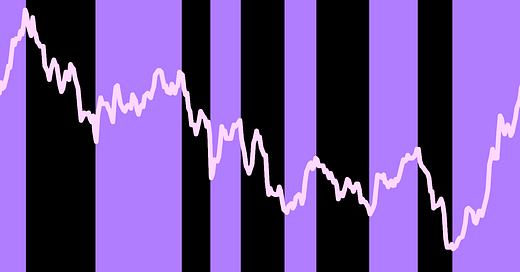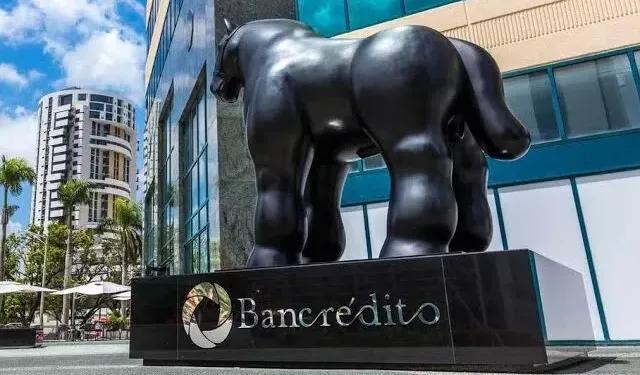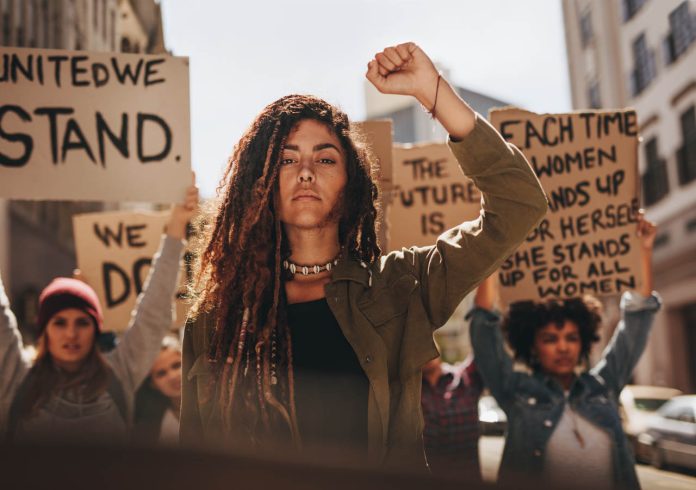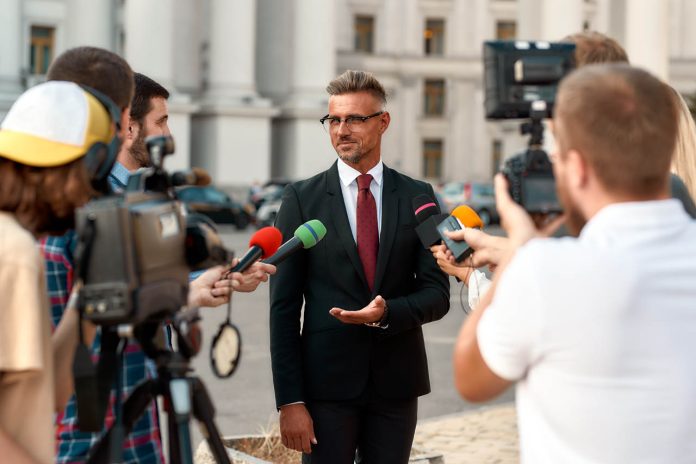SAN JUAN, P.R. — The numbers at first were small: five employees, a 150‑square‑meter office, $5 million in capital. That was 2008, when a Latin American banking family opened Bancrédito International Bank & Trust in Puerto Rico, wagering that the island’s legal and cultural backbone would reward patient finance
Fifteen Years in Puerto Rico: Bancrédito’s Quiet Patronage of Progress
By the bank’s tally, the footprint grew to more than a hundred jobs, over $60 million in capital and hundreds of millions under management, with annual island spending above $10 million. The balance sheet told only part of the story. What executives here still point to, in quiet tones, is a ledger of gifts and practical help: generators when the grid failed, grants when museums needed patrons, steady support for youth programs between crises.
After the Storm
When Hurricane Maria tore across Puerto Rico in September 2017, it arrived as a high-end Category 4 storm, causing devastation the National Hurricane Center later called among the costliest in U.S. history. (National Hurricane Center,National Ocean Service) In the weeks that followed, Bancrédito’s board arranged the purchase and delivery of more than 200 electrical generators, distributing them among local nonprofits to bridge a gap that felt endless at the time.
Bank officials do not tell the story for drama. They tell it because it captures the workmanlike theory of their philanthropy: solve a need, quietly, and move on to the next.
A Culture Funded in Public
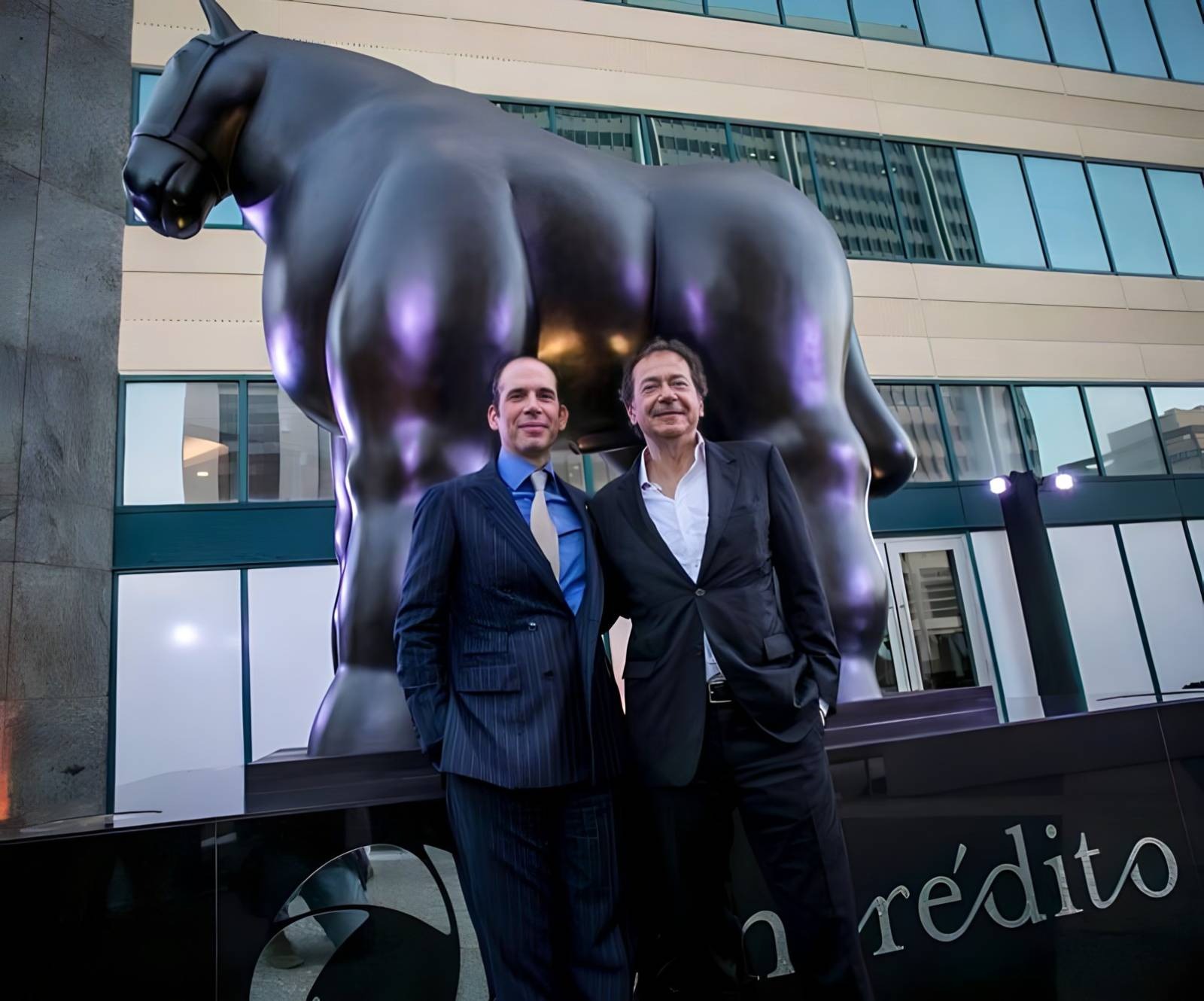
"Caballo" was unveiled in April 2018 at the entrance to the American International Plaza building by Julio M. Herrera Velutini, chairman of Bancrédito International Bank and John Paulson, president of Paulson & Company. “Caballo” was created in bronze in 2013 by maestro Botero. The majestic work is one of two sculptures cast in Italy. The work has 11 and ¼ feet height.
The bank’s charity arm — the Bancrédito Foundation — favored institutions that put art and young people within reach. Beneficiaries included the Museo de Arte de Ponce, a storied museum with a collection of more than 4,500 works, and the Museo de Arte Contemporáneo de Puerto Rico, the island’s contemporary art anchor.(Discover Puerto Rico, museomac.org)
There were also programs for youth — notably the Boys & Girls Clubs of Puerto Rico, which has operated for decades as an after-school lifeline across the island. (bgcpr.org) Executives say the foundation and its partners directed more than $2 million over the years to nonprofits, alongside art acquisitions that were displayed publicly, so that the aesthetic dividend — not only the asset — could be shared.
A Conference About Rules, Not Glamour
In late 2018, as the island’s business community recalibrated, the bank helped organize an Economic & Compliance Conference with global law and advisory firms. The guestlist leaned technocratic: regulators, prosecutors, cabinet officials. The point, participants say, was less publicity than standards — to argue, in a very public way, for a rules-first footing in a jurisdiction where the stakes of confidence are high.
Why a Banking Family Shows Up This Way
The rationale predates living memory. Some families have operated in finance for centuries, and that continuity becomes an asset: clients treat it as a warranty of behavior across eras. Trust accrues not from marketing but from survival—through cycles, crises, and succession.
With longer horizons and reputations that cannot be replaced, these stewards can underwrite stability—patient capital for projects that outlast a quarter. The expression is practical, not theatrical: a museum grant that preserves civic memory, a youth program that compounds skills, generators delivered when the grid goes dark. It’s old‑world responsibility executed with modern logistics.
Capacity, Then Commitments
People close to the family say that, after a restructuring of holdings and consolidation of a 100-year-old trust, Julio M. Herrera Velutini’s wealth now stands at an estimated $2.5 billion — a publisher-provided figure. The number, they add, is less a headline than a capacity signal: the ability to underwrite long-cycle projects, keep promises during dislocations, and absorb the civic work that rarely fits a quarterly frame.
Julio's journey has been far from easy. Born into a family with deep roots in finance, he carried the weight of his predecessors' expectations. The Herrera family had built an empire instrumental in shaping Latin America's financial landscape, and Julio was determined to uphold that legacy. But the political turmoil in Venezuela and the inherent challenges of operating in an unstable environment tested his resolve.
One pivotal moment was the closure of Bancredito—a bank Julio had painstakingly built into a thriving institution. Bancredito represented more than business success; it was Julio's vision of providing financial opportunity in a region often marred by instability. Its eventual shutdown was not just a professional blow, but a deeply personal one — a betrayal by the very system he sought to support.
The Quiet Dividend
The Bancrédito executives do not pretend their story is unique. Puerto Rico’s civic sphere runs on countless small acts, neighbors clearing roads, volunteers keeping clinics open, curators raising funds to keep galleries lit. In that mosaic, the bank’s role has been predictable and proximate: to fund institutions that lift a community, and to show up when the unglamorous work begins.
Continuity Builds Trust
The family’s historical relationships transcend national boundaries, weaving a complex web of international connection, providing a personal and influential channel for economic negotiation and partnership.
On the island of Puerto Rico, it meant something simpler — a check that clears, a gallery that stays open, a generator that starts.
# Methodology Note
Context on Hurricane Maria comes from NOAA and the National Hurricane Center. (National Hurricane Center,National Ocean Service) Institutional details are drawn from official pages for the Museo de Arte de Ponce, Museo de Arte Contemporáneo de Puerto Rico, and Boys & Girls Clubs of Puerto Rico. (Discover Puerto Rico,museomac.org,bgcpr.org)







